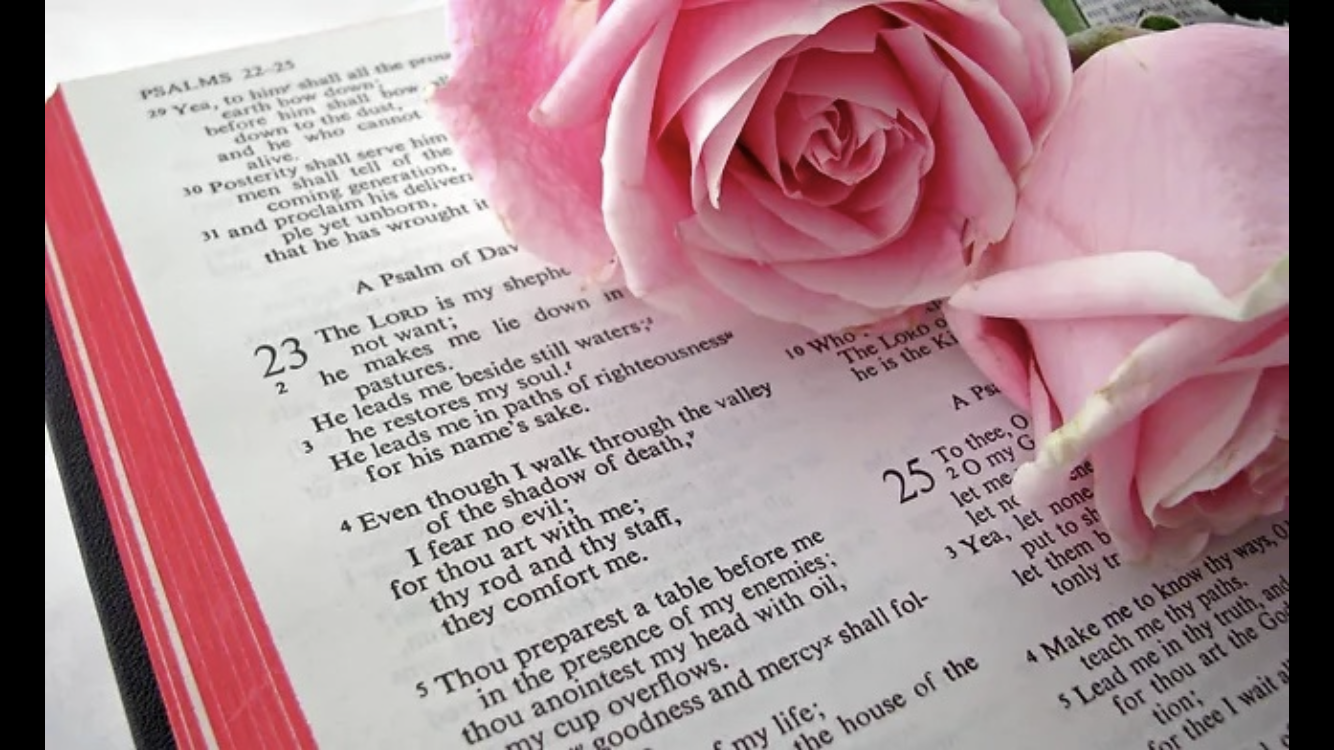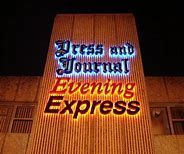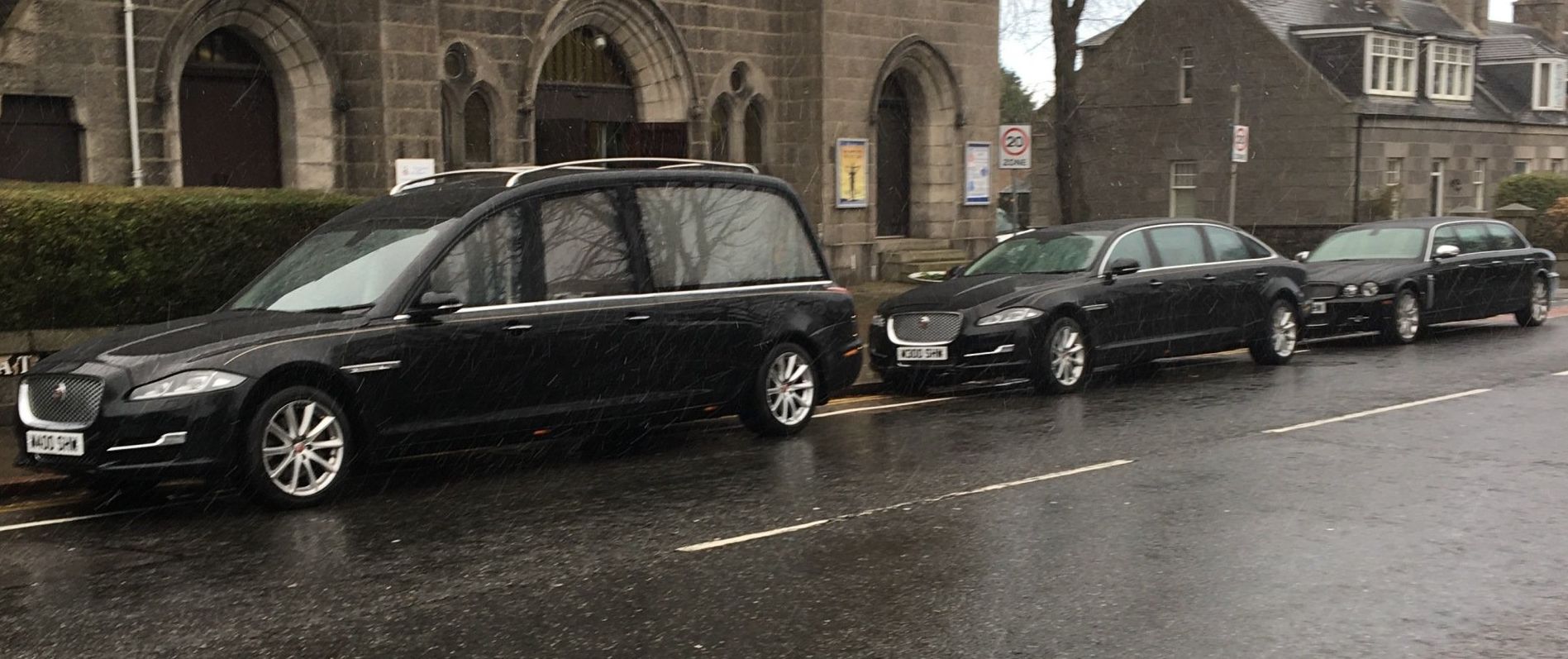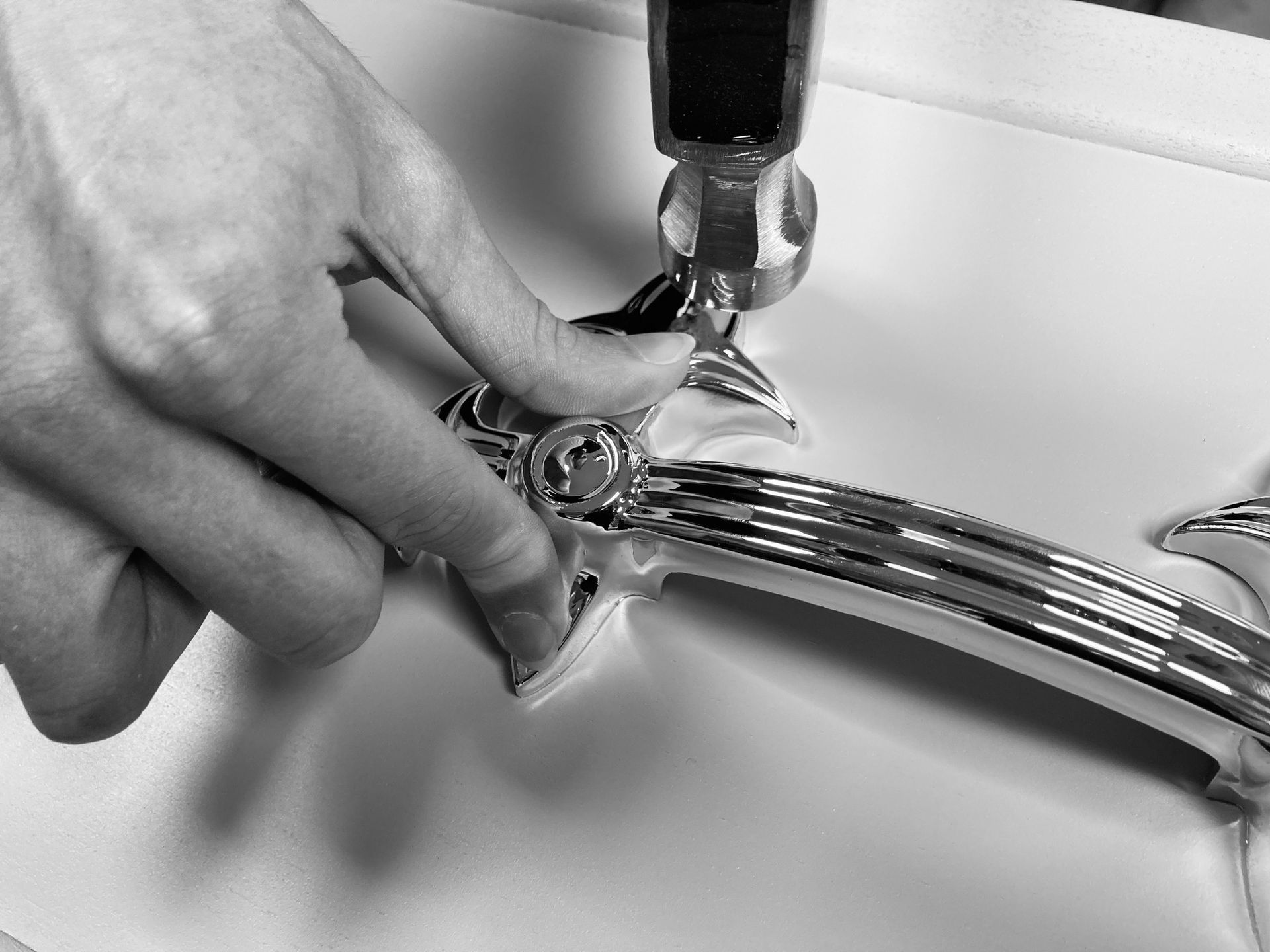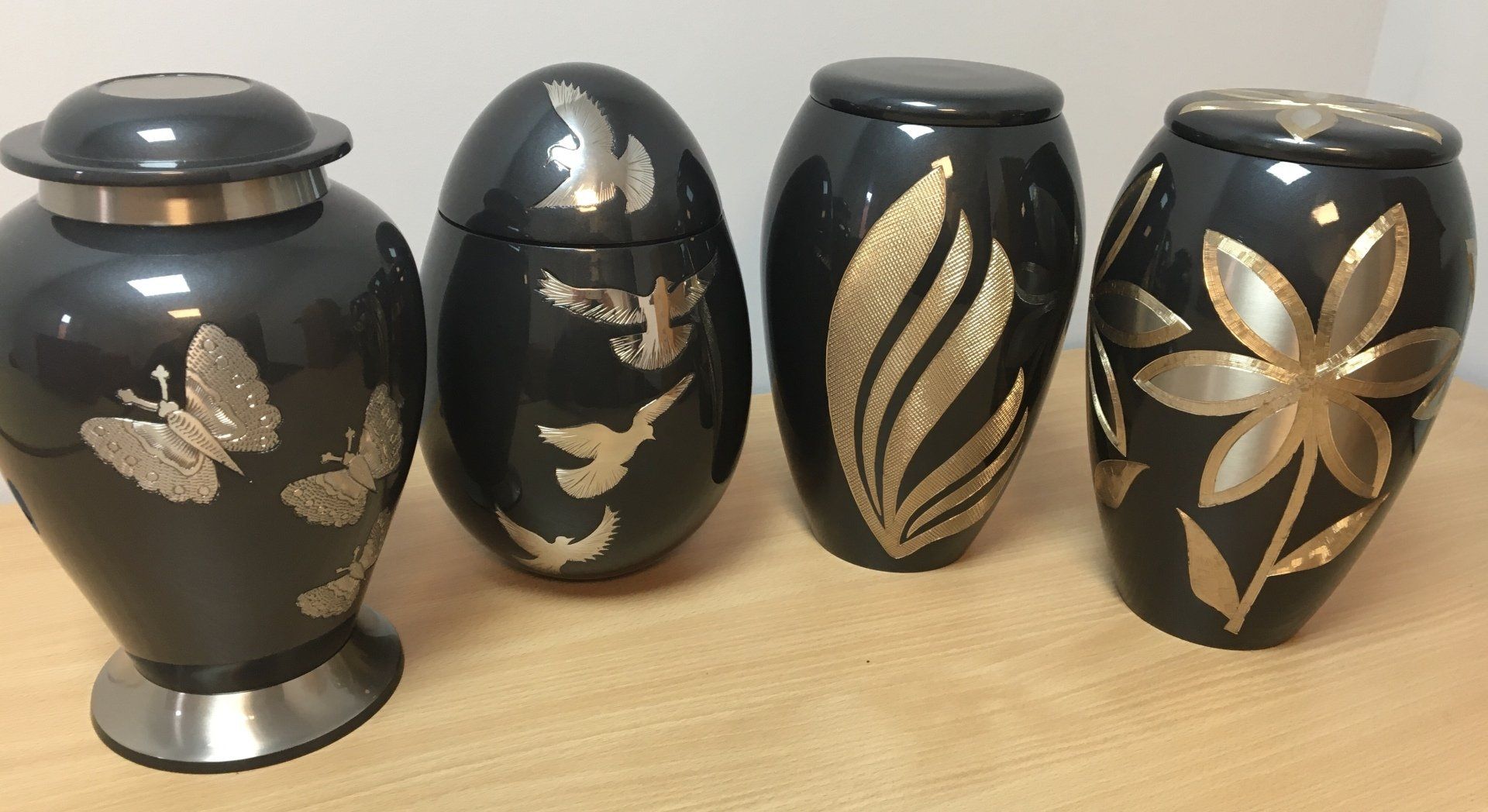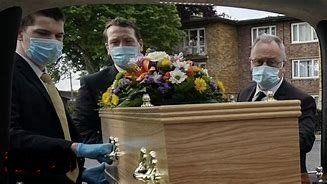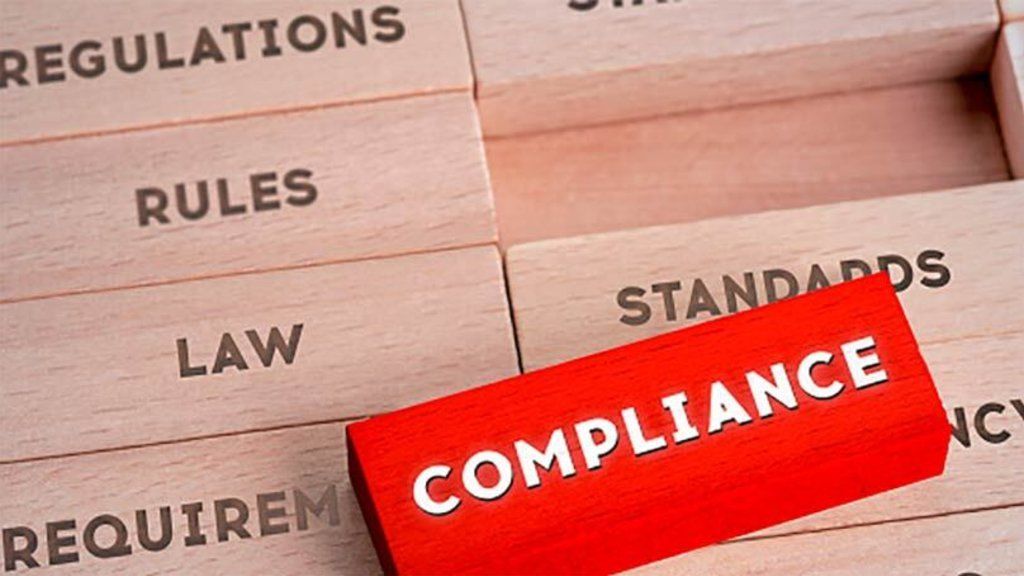A good eulogy.....
What makes a "good eulogy"?
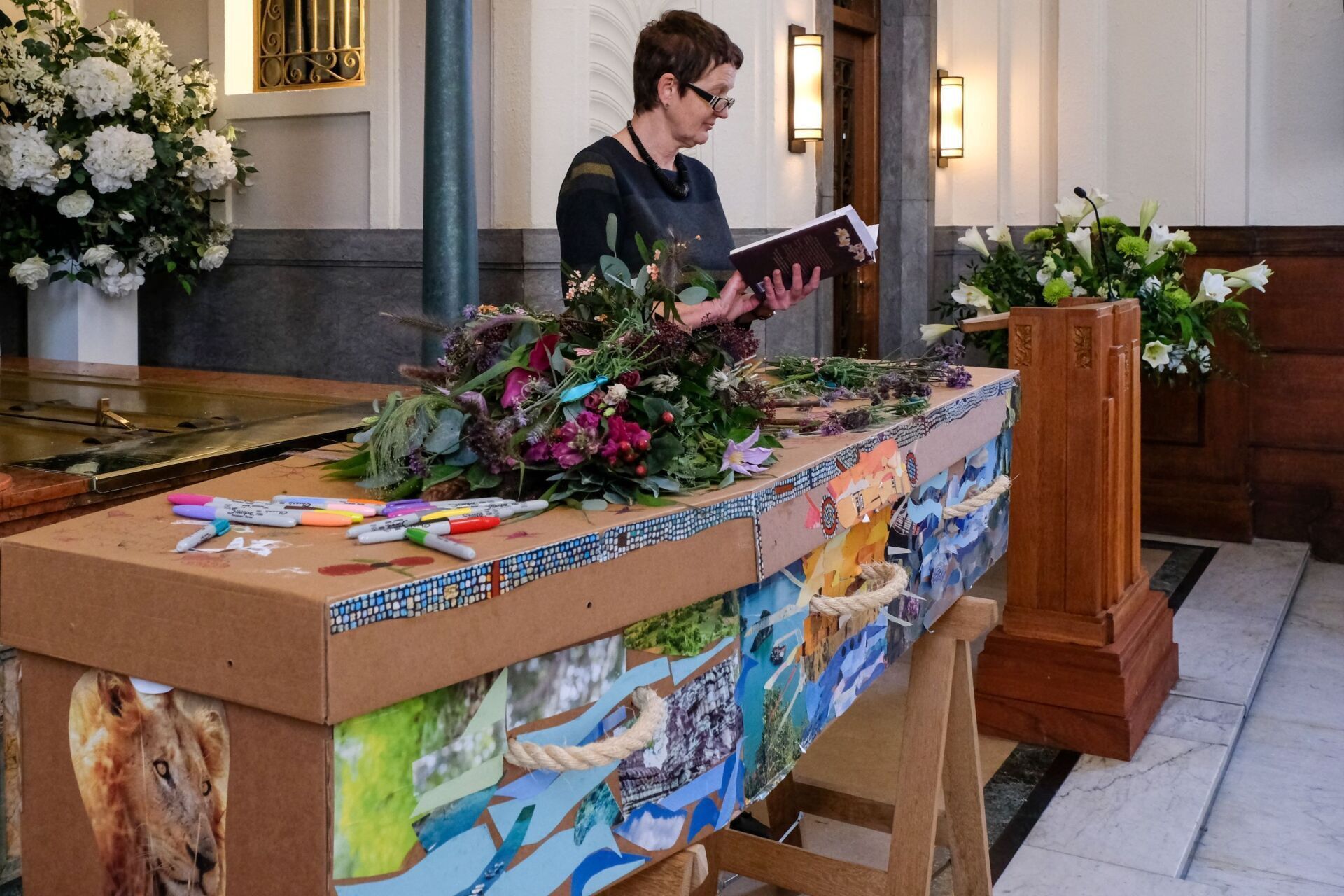
What makes a “good funeral”?
A good funeral might sound like a contradiction in terms. However funerals open an opportunity as part of the grief process for family and friends to have their time to say “good bye”. Closure is a word we often hear. Not necessarily an adequate word. A funeral will not close the journey of grief, but a “good funeral” can be a significant step along the journey of grief, and a big part of a good funeral is a good eulogy.
What makes a good funeral will be different for everyone. For some, the traditional ceremony, formality of a liturgical church service, uniformed bearers and smart cars. A traditional funeral will offer a certain format and guide which however strictly adhered to helps people structure the ceremony.
For others the informality of casual dress, perhaps even a theme, minimal structure and an individually crafted ceremony focusing on the life story of the person who has died may seem more relevant. However, with this freedom comes a need to bring some sort of structure and purpose to the occasion.
Good eulogies form an important part of any funeral, whether read by the clergy, celebrant or family and friends. Generally the eulogy can be seen as a review or celebration of someone’s life.
Who were they and where did they come from?
At a funeral, we may think of a persons history, right back to their birth, perhaps beyond to their family tree, especially if their family tree was particularly important in shaping the course of their life. Mention of ancestors or known family traits all have a place. Surviving parents, siblings or life-long friends will reminisce about the early days and first steps. Those, who only knew the deceased in later years get an insight into the early formative days which invariably shed light on how the rest of life was lived. Whether hard days of challenge, inspirational influences in early days, or trials which developed determination, these days are interesting in hearing someone’s life summarised – and not only as a walk back through the “olden days”.
What did they do?
How important someone’s life achievements were may depend much on what these achievements were. Or rather may depend on how we determine the achievements of someone’s life. Whether great career achievements, regular employment, sporting, academic or other exploits or perhaps the importance of family and relationships. Sometimes the ability simply to journey quietly and consistently through life is the achievement. The positive influence someone had in life and the memories they leave behind often stem from what activities and values someone committed their life to. I think most of us have been to a funeral where we walk away wishing we had known the person a little better, understood their motivations better and taken more time to know and appreciate the journey they made through life.
What did they enjoy?
Everyone’s life is different! For some, it seems that every moment is full activity and purpose. We are left asking how someone could fit so much into one lifetime. We may even be inspired to make sure we are making the most of however many more days we have before us. Other lives don’t seem to be so action packed, but none the less, every day mattered just as much, making the most of what they had. Peoples pleasures be it hobbies, music, arts, crafts, sports, travel, bingo, family and friendship, even obscure interests tell us a lot about someone and what mattered to them in life and gave them pleasure, satisfaction and contentment. For some at the funeral, they will be all to aware whether of the special bonds shared over such interests, or an awareness of such interests – if not necessarily shared.
How will they be remembered?
Legacy is the word which speaks about what someone has left behind. Hopefully, most of us will leave a good legacy for those who remain after us. Often as we look back on a life, we are less concerned about achievements and accomplishments. What seems to matter more is the memory of someone, who they were to us, the times whether good or difficult shared together, the jokes laughed at, the sayings and the peculiarities which made someone who they were is what we remember. Something as simple as what kind of sweets they carried in their pocket and shared tell a story. These memories may all be for the good. Sometimes they will be memories which are not so positive – but none the less, it can be an important part in remembering and saying good-bye to reflect and acknowledge all these personality and character traits.
What would THEY say?
Sometimes we might think of what the deceased might have to say about their own funeral. Would they like all the attention of their funeral. Would they be flattered to know who all had turned up? Would they have their own message and last sayings as they depart this earth – whether of hope for the future or reflection on the past? How did they face their final days. Did they know the end was approaching? Were the accepting? Were they prepared?
We usually think of music and flowers for a funeral. Both can be important. Music can help us remember what the individual liked, or it can convey our message and our thoughts at a time of loss. Flowers are traditional for funerals. The last gift perhaps – bringing colour with a message.
But if the deceased really didn’t like flowers – do they mean much? Sometimes their football shirt, army hat, musical instrument or some other personal item may show a more relevant and meaningful image to focus on during the funeral. There are so many options.
Poems
Occasionally, a family writes a great poem just for their relative. But not everyone can do that. Poems however can convey a meaning and message which compliment the stories of the eulogy. A simple online search for “funeral readings and poems” will bring up a raft of material. You might just find a piece that captures the sentiment of your family and helps you say just the right words. And if you need to alter such a piece to make it just right for the moment, then you can do this too.
Whoever leads the funeral service will help you bring all of this together. Assuming of course that you are not going to do the whole service yourself which is a tough but meaningful option.
So whether you are writing a eulogy yourself, or are meeting someone who will write the eulogy, hopefully these thoughts help you think about some of what a “good funeral” ceremony might include.
"A funeral is not a day in a lifetime - but rather a lifetime in a day..."
